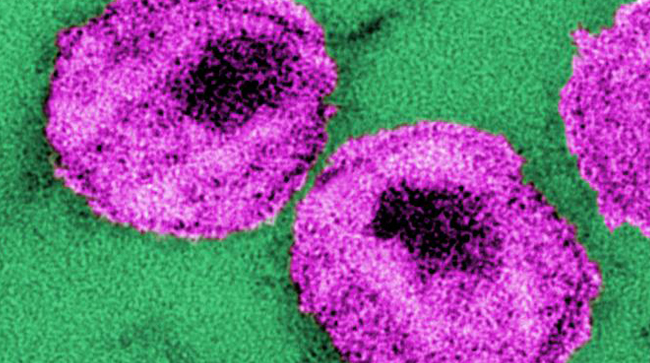A new genetic sequencing workflow approach holds great promise for monitoring drug-resistance mutations in HIV, the virus that causes AIDS, according to a study recently published in the journal PLOS ONE.
“Our study validates easy-to-use software for analyzing sequencing data to follow HIV drug resistance as it spreads through a community,” said Jeanne Jordan, PhD, a professor of epidemiology and biostatistics at the George Washington University Milken Institute School of Public Health (Milken Institute SPH). “Such a method could be used to prevent the spread of HIV, including hard-to-treat resistant strains of the virus.”
To better understand the potential for transmission of drug-resistant HIV virus among certain groups, Jordan and her colleagues recruited 79 people living with HIV in DC. The researchers drew blood from people who had given consent and extracted genetic material to sequence the HIV in each sample.
Combining this newer sequencing method with free, publicly available software, the team found they could detect HIV drug-resistant mutations, including those that conventional sequencing tests have trouble detecting. In addition, the team identified potential transmission clusters of related viruses.
Health departments can use such information to assist communities in the monitoring and prevention of drug-resistant HIV. The messaging could help encourage safe sex or other methods to prevent the spread of HIV. If these findings are verified, this approach might have implications for other communities with drug-resistant HIV, Jordan added.
“Validation of publicly-available software used in analyzing NGS data for HIV-1 drug-resistant mutations and transmissions networks in a Washington, DC, Cohort,” was published online April 9 in PLOS ONE.


